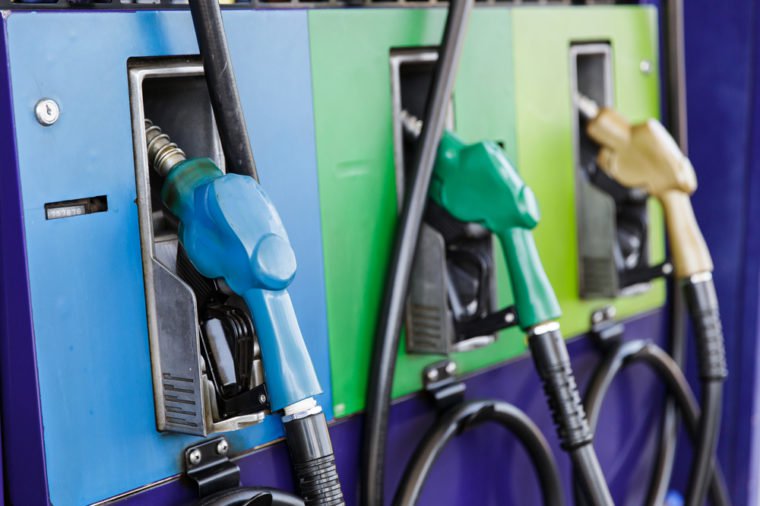by Grace Chekai
The lucrative United States Dollar (US$) fuel market has encouraged adulteration and smuggling of fuel in the country, prejudicing Government of a fortune in revenue, Harare Post can reveal.
A contact within the Ministry of Energy and Power Development told this publication that diesel-paraffin blending, as well as over blending of petrol with ethanol is on the rise as smaller fuel companies move to weaken US$ fuel prices, but retaining enormous profits.
The contact said with higher local US$ fuel prices of US$1.28 per litre of petrol and US$1.09 for diesel, fuel was now being smuggled into the country and sold just below the local maximum USD prices at huge profits of US$0.40 per litre.
A survey carried out by the Harare Post revealed that some service stations around Harare were selling fuel as low as US$1.05 per litre of petrol and US$0.86 per litre of diesel.
The practice, which is being done by illegal immigrants, is said to be rife at border towns.
“In Botswana diesel costs US$0.68 per litre, while petrol goes for US$0.66 per litre. In Zambia diesel costs US$0.68, whilst petrol costs US$0.97 per litre. South Africa diesel per litre costs US$0.76 and petrol goes for US$0.75 per litre. In Mozambique diesel costs US$0.84 per litre while petrol costs US$0.91 per litre,” revealed the contact adding that such pricing discrepancies in the region are encouraging smuggling.
Contact said Government was being prejudiced of US$0.46 per litre through unpaid duty and taxes such as carbon tax, road tax, strategic reserve levy and debt redemption levy.
The contact further said there was an increase in the demand for USD fuel on the local market, which has encouraged local fuel companies to increase Direct Fuel Imports (DFI) using their own free funds. Last week, Puma Energy, Zuva Petroleum, Glow Petroleum, Engen and Total Zimbabwe used their own free cash flows to secure 17.745 million litres of fuel at a total cost of US$8.5 million.
However, some analysts have indicated that there is also need to consider supplying some local fuel service stations with fuel priced in local currency, since civil servants and other workers are still being paid in the local currency.




